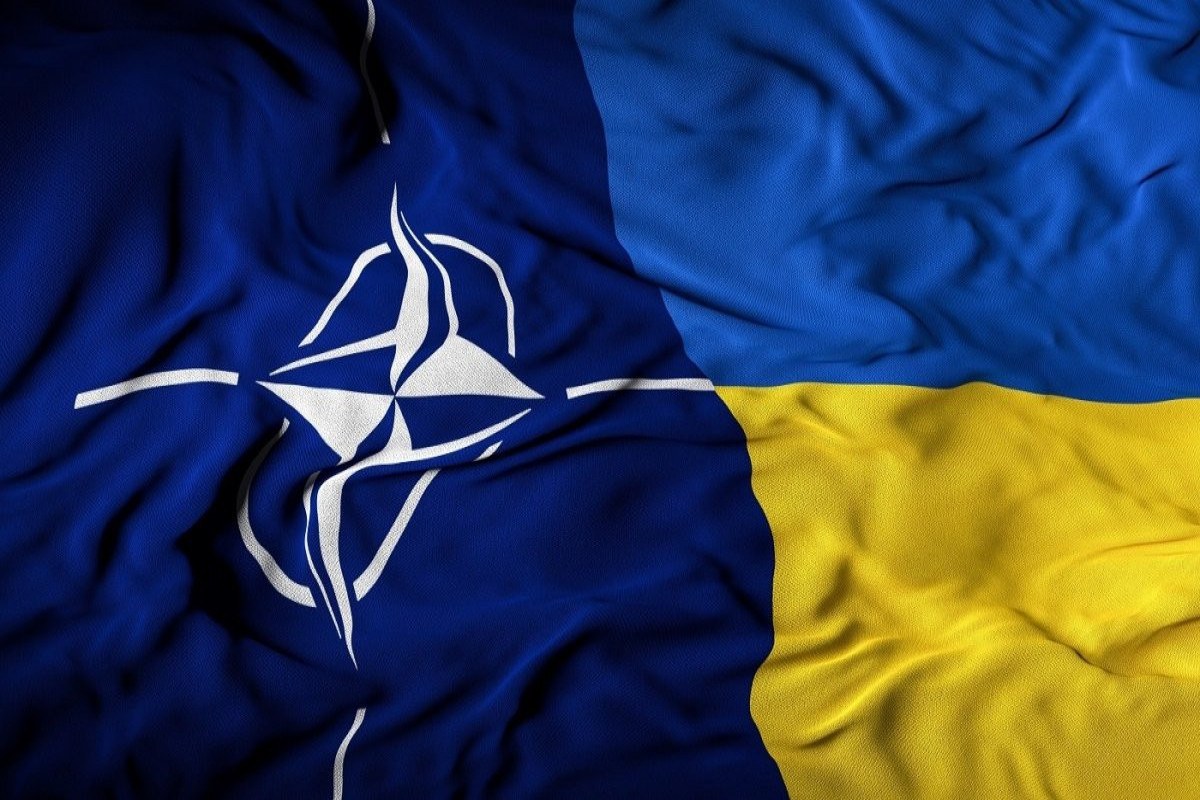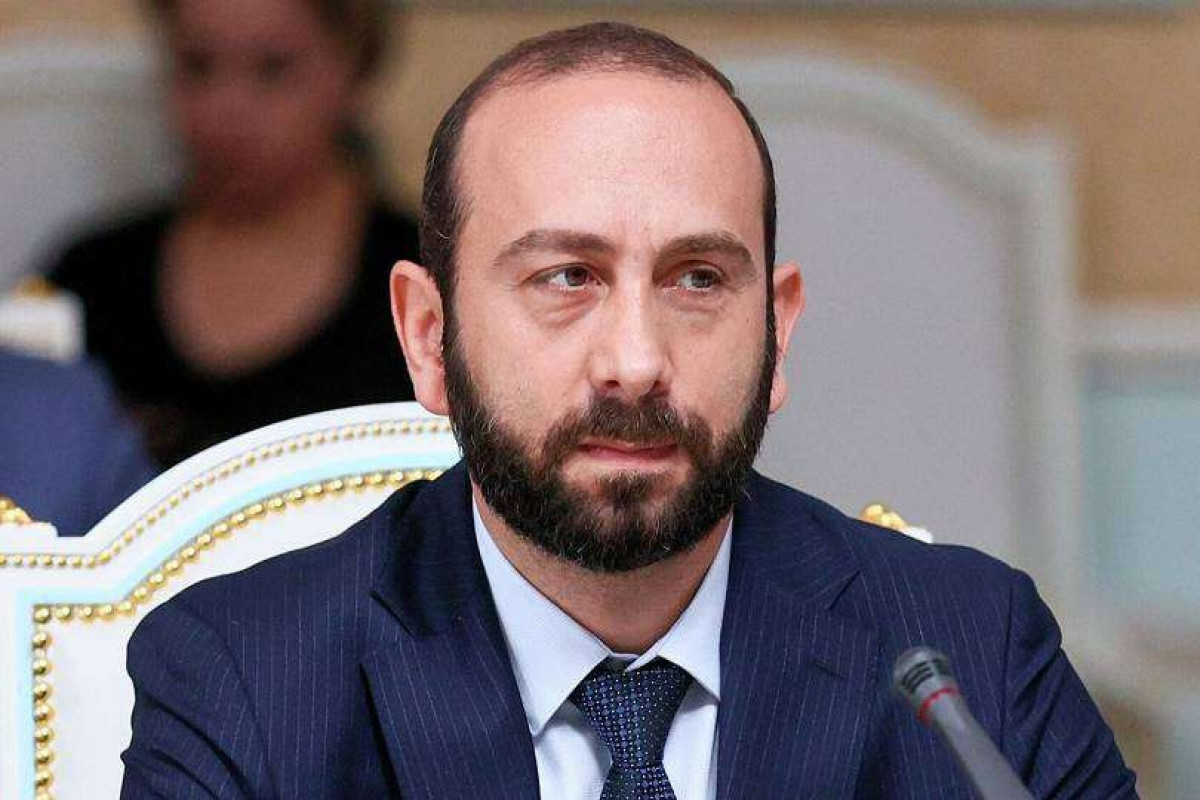European Court of Human Rights launches webcasting and new information about pending Court cases

At a press conference held in the Human Rights Building, Strasbourg, the Court’s President
Jean-Paul Costa and Irish Ambassador to the Council of Europe James Sharkey gave
journalists a preview of a future webcast which will enable journalists and the public to view the Court’s hearings from anywhere in the world and to download extracts of interest.
In launching the project the Court’s President Jean-Paul Costa described webcasting – which has been financed by the Irish Government – as “a significant step forward in making the Court’s activities more visible and accessibleâ€.
He said: “Lawyers, academics, journalists and ordinary citizens, many of whom would never have been able to come to Strasbourg to attend a hearing, will be able to follow the
proceedings from their homes and offices. They will be able to see and hear for themselves the arguments advanced for and against a finding of a human rights violation in respect of some of the most sensitive issues of the day. This will bring the Convention closer to the ordinary citizens whom it is intended to serve and protect.â€
The first hearing to be broadcast on the Court’s Internet site will be in the case Maumousseau and Washington v. France 1on 28 June 2007. The hearing will be held at 9 a.m. and the webcast will be made available on the Court’s website from 2.30 p.m. that day. The second important initiative concerns the provision of information about pending cases on the Court’s site. As from today, a report (accessible through “Pending casesâ€, “Press†and the Court’s database HUDOC) will appear on the Court’s Internet site every Monday, giving a list of cases which have been officially communicated to the Government of the country against which the applicant’s complaints are directed. For each case there will be a link to a summary of the facts, the applicants’ complaints and the questions put by the Court to the parties. This information will be in one of the Court’s official languages, English or French.
The European Court of Human Rights was set up in Strasbourg by the Council of Europe
Member States in 1959 to deal with alleged violations of the 1950 European Convention on
Human Rights. /APA/
Jean-Paul Costa and Irish Ambassador to the Council of Europe James Sharkey gave
journalists a preview of a future webcast which will enable journalists and the public to view the Court’s hearings from anywhere in the world and to download extracts of interest.
In launching the project the Court’s President Jean-Paul Costa described webcasting – which has been financed by the Irish Government – as “a significant step forward in making the Court’s activities more visible and accessibleâ€.
He said: “Lawyers, academics, journalists and ordinary citizens, many of whom would never have been able to come to Strasbourg to attend a hearing, will be able to follow the
proceedings from their homes and offices. They will be able to see and hear for themselves the arguments advanced for and against a finding of a human rights violation in respect of some of the most sensitive issues of the day. This will bring the Convention closer to the ordinary citizens whom it is intended to serve and protect.â€
The first hearing to be broadcast on the Court’s Internet site will be in the case Maumousseau and Washington v. France 1on 28 June 2007. The hearing will be held at 9 a.m. and the webcast will be made available on the Court’s website from 2.30 p.m. that day. The second important initiative concerns the provision of information about pending cases on the Court’s site. As from today, a report (accessible through “Pending casesâ€, “Press†and the Court’s database HUDOC) will appear on the Court’s Internet site every Monday, giving a list of cases which have been officially communicated to the Government of the country against which the applicant’s complaints are directed. For each case there will be a link to a summary of the facts, the applicants’ complaints and the questions put by the Court to the parties. This information will be in one of the Court’s official languages, English or French.
The European Court of Human Rights was set up in Strasbourg by the Council of Europe
Member States in 1959 to deal with alleged violations of the 1950 European Convention on
Human Rights. /APA/
Europe

Greece starts six-day working week for some industries to boost economic growth

NATO members agree 40 billion euro financial pledge for Ukraine

Ukraine's military spy agency claims responsibility for fire on Russian warship in Baltic


